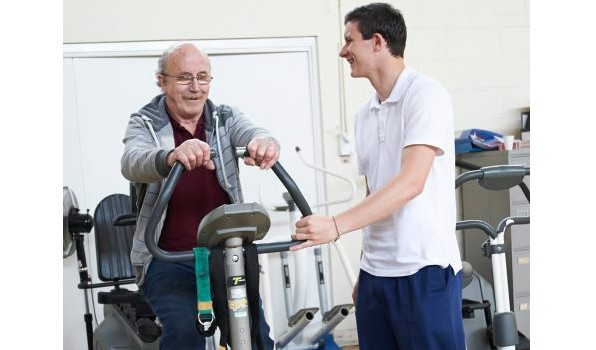Strokes are the third largest cause of death in the UK and did you know someone has a stroke every five minutes in the United Kingdom?
A stroke is a brain attack where the flow of blood to the brain is cut off and as a result, brain cells get damaged. If the supply of blood to the brain is stopped, this can lead to brain damage and may even result in death.
A blood clot or haemorrhage causes a stroke to occur and the reasons behind this happening vary from person to person. Being overweight, having high blood pressure and high cholesterol levels are all factors that can lead to people having a stroke.
People of Asian, African and Caribbean ethnicity have a higher risk of having a stroke. Consuming excessive amounts of ghee/butter added to cuisines and regularly eating sweetmeats (jelabis, barfis and gulab jamun) can lead to high cholesterol levels and are also reasons why people of Asian, African and Caribbean backgrounds are more likely to have a stroke. If you are aged 65 or over, you are also more at risk. Your risk of having a stroke is likely to be higher if you have a close relative who has had a stroke.
Recognising the signs of stroke is vital as immediate medical attention is required. The sooner a person having a stroke receives treatment, the better the chances are that the stroke will not have any long lasting effects.
To remember the main signs/symptoms of stroke think of the word FAST:
- Face: Can they smile and has their face fallen to one side? The person may not be able to smile or their mouth and eye may have dropped.
- Arms: A person with stroke may not be able to lift their arms because of arm weakness and numbness.
- Speech: Speech may be slurred or the person may not be able to talk.
- Time: You should call 999 immediately if you see any of the above symptoms.
Stroke is preventable and there are a number of steps you can take to help reduce the risk of having a stroke. Peter Carr, lead nurse for stroke at our Trust, explains: “Quitting smoking can make a massive difference. Not smoking will not only reduce your risk of having a stroke, but also reduce your risk of developing other conditions such as lung cancer and heart disease.
“Maintaining a healthy diet and exercising regularly will also significantly minimise your chances of having a stroke. Always aim to eat plenty of fruit and vegetables. Also go for healthy swaps. Rather than have an ice cream, have some yoghurt or have fruit instead of chocolate.
“Regular exercise will make your heart and circulatory system more efficient and also keep your blood pressure at a healthy level.
“Drinking excessive amounts of alcohol can lead to high blood pressure and also multiply the risk of having a stroke by more than three times.”
Recent figures have shown that Heartlands Hospital is among the regions’ best at providing stroke patients with fast access to specialist assessment and treatment. Part of the Trust-wide reconfiguration of stroke services included the opening of a new state-of-the-art specialist stroke unit at Heartlands in October 2014 benefiting patients from across the Heartlands, Good Hope and Solihull Hospital catchment areas. The current data indicates that this remodelling has led to improvements in care in the majority of areas, placing Heartlands as one of the highest performing in the region.
For more information about stroke, visit the Stroke Association website: https://www.stroke.org.uk/.







